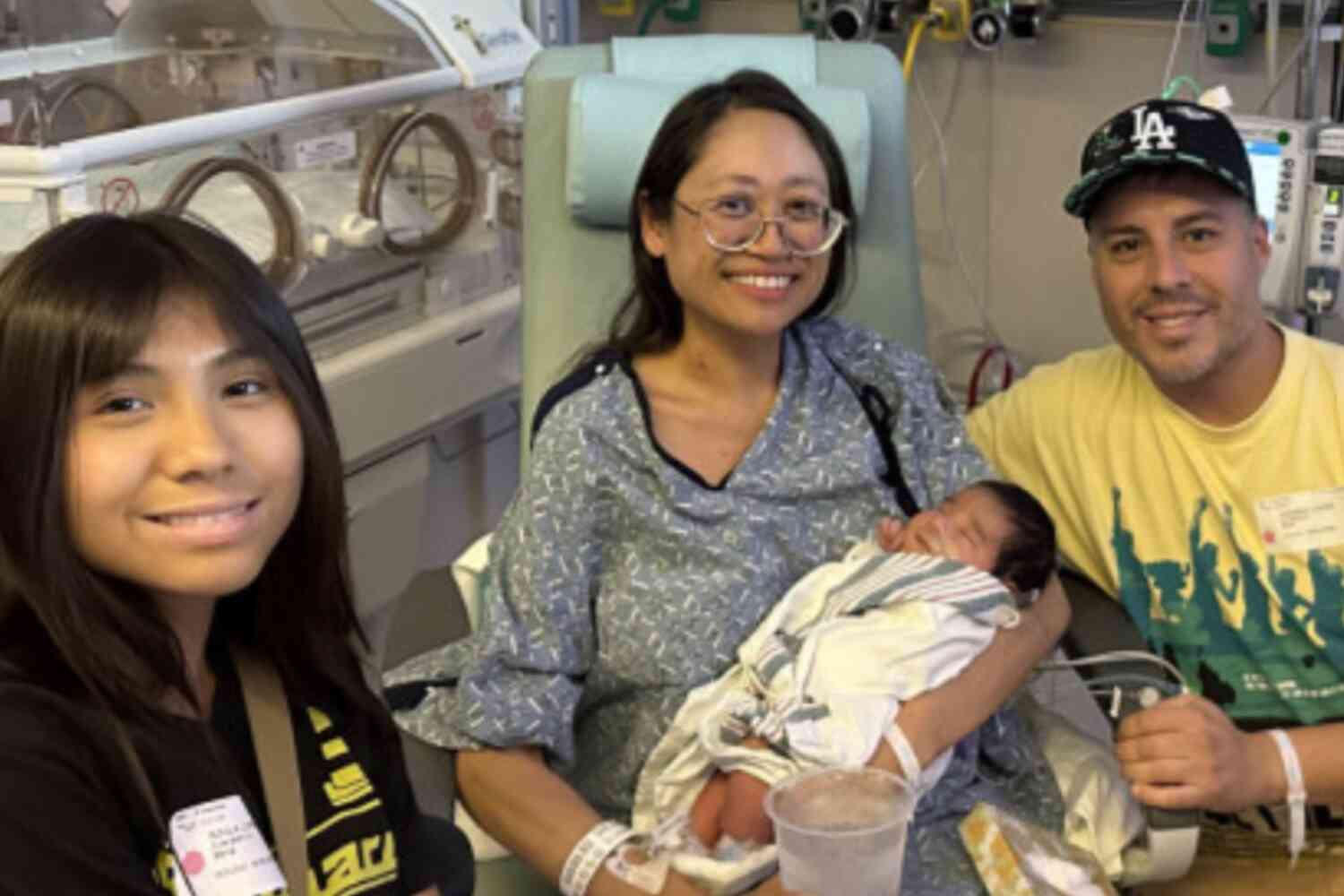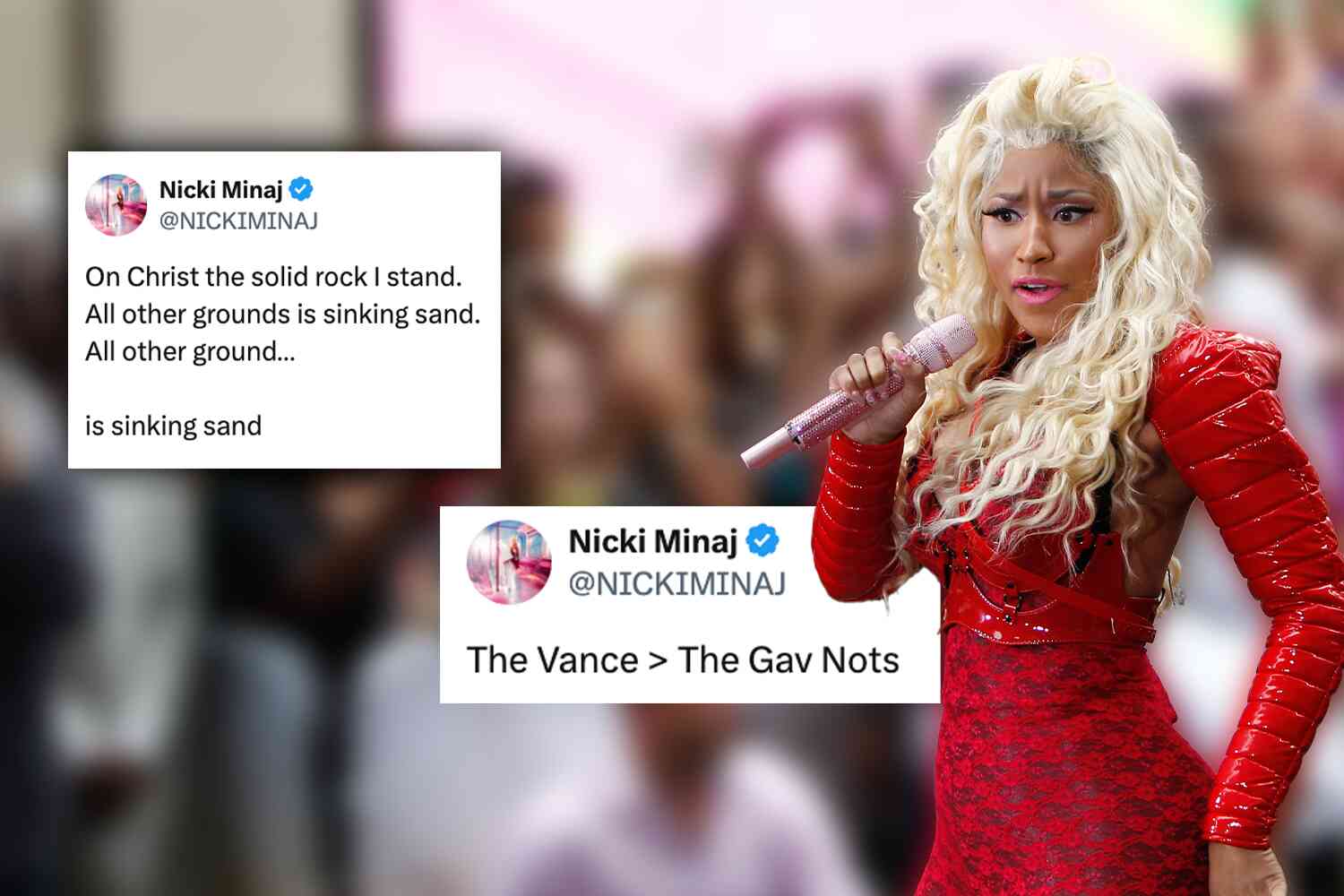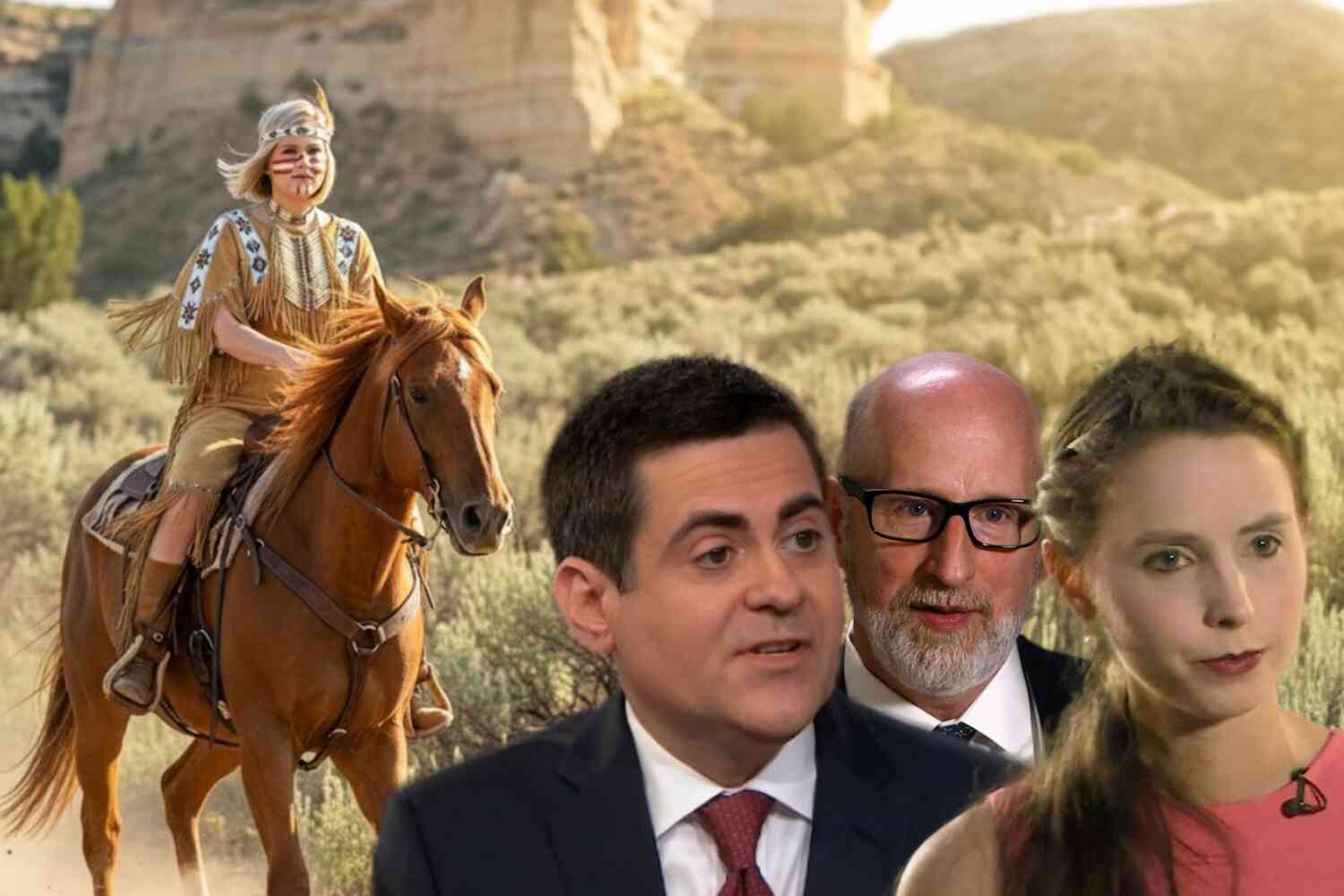The hum of machinery once heralded the march of human ingenuity. Now, it whispers a chilling question: in a world increasingly sculpted by artificial minds, what becomes of our own? The potential of mass unemployment haunts the horizon, not just for factory workers replaced by robots, but for artists, musicians, writers - anyone whose "usefulness" can be replicated, perhaps surpassed, by algorithms. This isn't just a dystopian sci-fi trope; it's a looming reality with profound implications for the human psyche.
For millennia, purpose was woven into the fabric of our existence. We hunted, farmed, built, created - each act a brushstroke on the canvas of human progress. We found meaning in our contributions, in our ability to shape the world around us. But what happens when the brush is taken from our hand, replaced by a machine with flawless strokes and tireless efficiency?
The potential for widespread existential angst is real. Studies have linked feelings of uselessness and lack of purpose to depression, anxiety, and a host of other mental health issues. As AI encroaches on more and more of our creative realms, the risk of alienation and despair cannot be ignored. Is a life of leisure all we crave, or do we inherently yearn for the satisfaction of creation, the validation of being needed?
Imagine a world where art galleries showcase masterpieces generated by AI, where symphonies are composed by lines of code, and novels spin themselves into existence without a human hand to guide them. What becomes of the artist, the musician, the writer in such a landscape? Do they find solace in the pursuit of ever-elusive leisure, or does their spirit wither in the shadow of their own obsolescence?
This isn't to demonize AI, but to acknowledge its transformative power and the questions it forces us to confront. We must find new avenues for human expression, new ways to contribute to a world where our "usefulness" may be redefined. Perhaps it lies in nurturing empathy, in fostering connection, in exploring the depths of human emotion, consciousness, religion and philosophy - realms where even the most sophisticated AI might stumble.
The Automation Paradox wasn't supposed to be about technological dystopia; but now that we are beyond simply replicating human action and into the realm of replicating human ingenuity, how do we focus on reclaiming our humanity in the face of this progress? It's about remembering that our worth extends far beyond our economic output, that the human spirit has an unquantifiable value that no algorithm can replicate, especially when grounded in the certainty of faith. We must reframe our definition of "needed," not just as contributors to the machine, but as creators, caretakers, and stewards of our own purpose.
Remember, we are not cogs in a machine; we are the artists who design it. The choice to find purpose, the yearning to create, the spark of human ingenuity - these are the things that will ultimately define our future, not the whirring blades of automation. So let's not succumb to the siren song of obsolescence, but instead, embrace the challenge of forging a new path forward.
THIS ARTICLE, INCLUDING THE COVER IMAGE, WAS (MOSTLY) CREATED BY AI
P.S. Now check out our latest video 👇
Disclaimer: The opinions expressed in this article are those of the author and do not necessarily reflect the opinions of Not the Bee or any of its affiliates.









